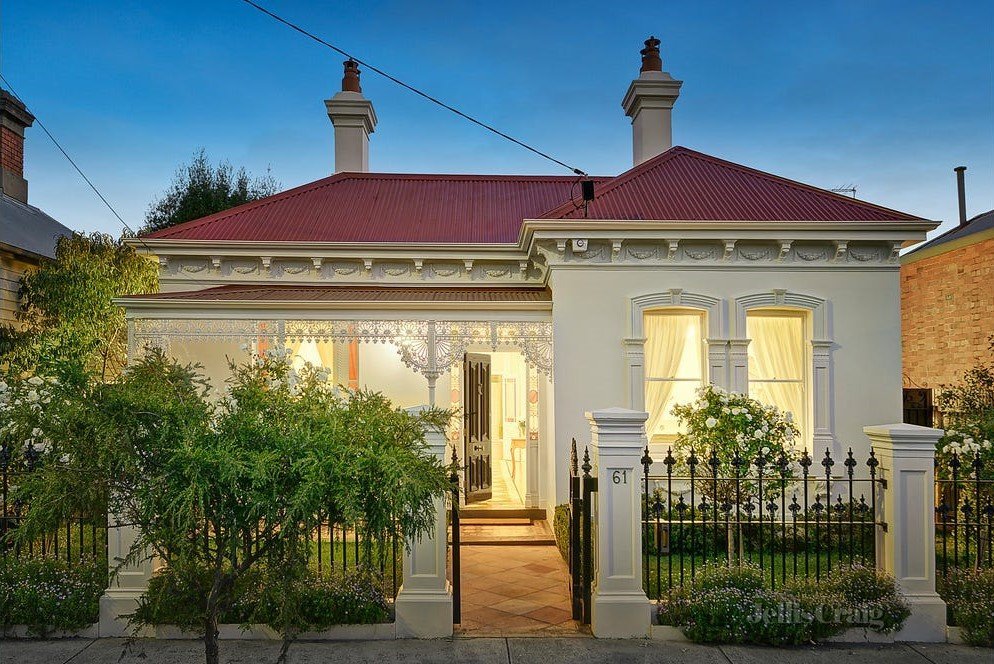What Does It Mean When A Property Is ‘Over-Quoted’?
And how can it affect a property campaign?
When a property is taken to market, it is advertised with a quote range. The quote range is there to guide buyer expectation on the value of the property. Agents will use recently sold property, or ‘comparable sales’, to support their quote ranges.
More often than not, we hear of ‘underquoting’ which is where agents pitch the quote range well below market value. This often generates strong buyer attendance and interest through the campaign and results in a competitive auction where multiple bidders will fight it out, well over the advertised range.
However, in a changing market where buyer sentiment starts to shift and property values become a little less obvious to agents and vendors alike, we can actually start to see the reverse… ‘Over - Quoting’. This is where an agent and vendor have pitched the property and their expectations on price too high, often going off nearby strong results that in the changing market conditions would now be considered outdated. The effects can be diabolical to the success of a campaign.
Why would a property be over quoted?
Despite what some people in the industry may tell you, pricing property is not an exact science. In residential real estate, we are dealing with human emotions which means property values are an ever changing landscape. For a property to be ‘over-quoted’ it is often simply because the agent has accidentally over-valued the property. It could also be that the vendors are wanting too much or perhaps insisting their reserve is within the middle of the range. The property may be extremely unique which makes it hard to value as you have little or no comparable sales to go off, and sometimes you have an out of area or inexperienced agent who simply doesn’t understand values in the area. Any of these factors can cause a property to be quoted higher than what would be considered normal for a property of its kind in the area.
Dangers in over-quoting
The biggest danger in over-quoting a property is that you fail to attract any buyer interest, bidding or offers and are unable to sell the property as a result. You get one shot at pitching a property correctly to the market, typically the first week of a campaign is the most important. It is crucial for agents to have a strong number of buyers through their first week of inspections, this usually means they will have been able to capture at least one or two buyers with interest and those buyers will have had the social proof of a busy inspection to help them confirm their interest in buying the property. When a property seems overpriced online, buyers are far less inclined to bother inspecting the property…. This means less buyers at inspections, more concern for those who did turn up to inspect and then disappointment with the accommodation in comparison to others they saw that day.
How to pick it
We’ve said it once, we’ll say it 100 times! You need to know your values. Being across property value in the areas you’re considering will help you pick any outliers on price. If you’re looking for a 3 bedroom house in a certain suburb - you know they’re all roughly sitting between $1.5m - $1.6m, and you see a much smaller 2 bedroom house in standard condition within that same price bracket… you’ve likely found an overquoted property!
What you may see if you then track the results is those 3 bedders which were quoted $1.5m - $1.6m all sell for $1.6m - $1.8m and the 2 bedder which was quoted $1.5m - $1.6m ends up selling for $1.45m!!
The moral of the story is, if you think it’s overpriced before inspecting it, that doesn’t necessarily mean you should discount it. Have a look, speak to the agent and track it just like you normally would. You might just end up picking up a bargain!
Thanks for reading and happy buying!
Prop Culture
